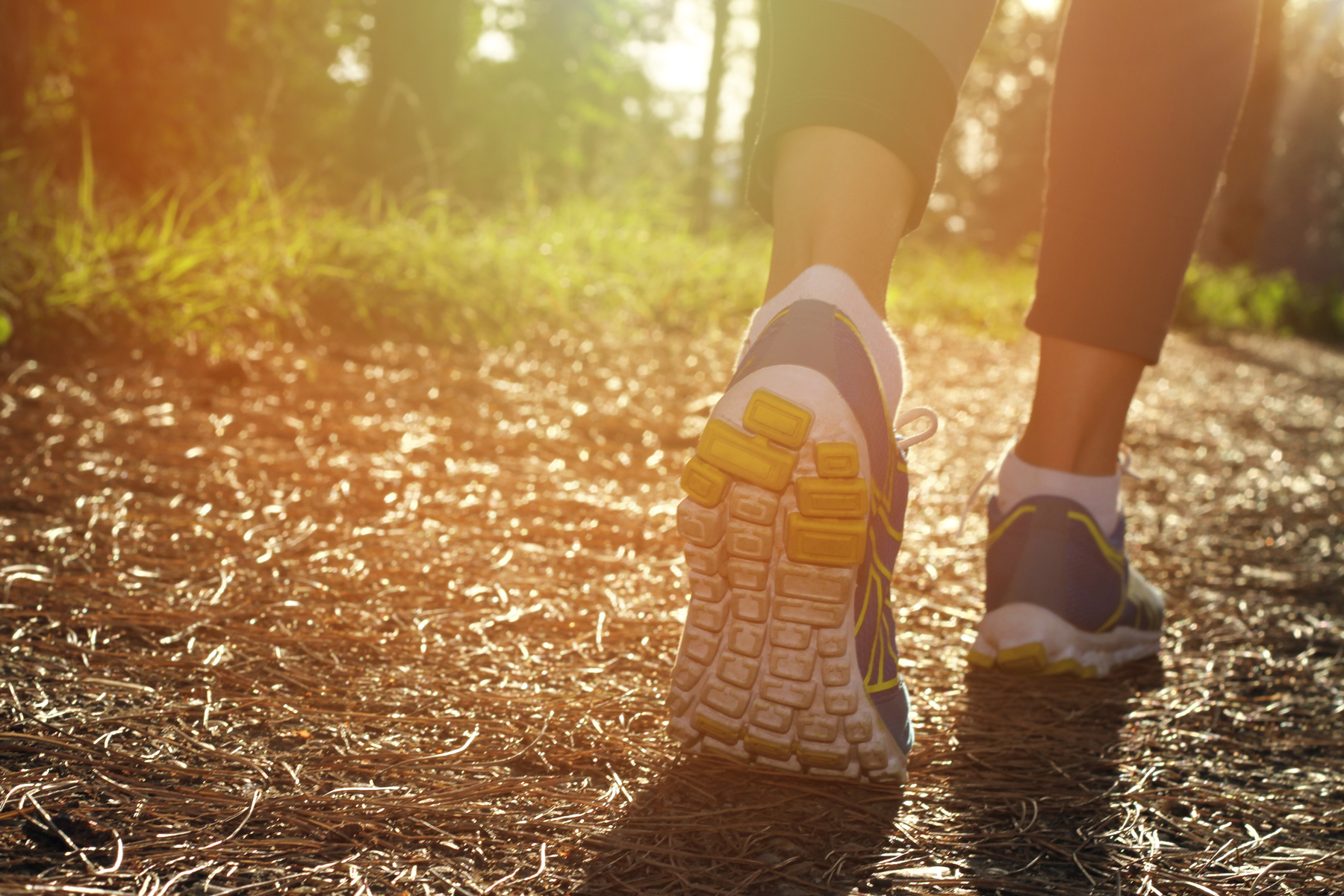CUSTOM ORTHOTICS
The first step to success begins with a patient’s first visit.
It’s important to understand your feet have direct impact on the rest of your body and support you with each step. A small abnormality in foot function can have a large impact on joints higher up in the body, causing pain and discomfort. Women have four times as many foot problems as men because they have a long history of wearing high heels and/or pointy toe shoes.
Orthotics and proper shoe fit are very important aspects of foot health. Lack of proper care, ill-fitting shoes and general foot neglect are responsible for the majority of foot problems. In some cases, foot ailments can be an early signal of more serious medical problems like arthritis or diabetes.

FOOT AILMENTS
If you suffer from foot pain or discomfort in your knees, hips or lower back…. it is likely your symptoms are a result of faulty foot mechanics. Some common ailments related to poor foot biomechanics are:
Is a painful inflammatory condition of the plantar fascia [a thick fibrous band of connective tissue orginating on the bottom surface of the calcaneus (heel bone) and extending along the sole of the foot towards the toes] as a result of over pronation and long periods of weight bearing. When the patient is off-weight bearing, the scar tissue beings to repair the site of injury, but when the patient resumes weight-bearing, the scar tissue is torn resulting in acute pain. A properly designed custom orthotic is a great non-surgical therapy that will help correct the biomechanical fault (over-pronation) and take the chronic strain of the fascia.
Is the thickening of the tissue that surrounds the intermetatarsal nerve leading to the toes. When the nerve becomes irritated, it causes painful symptoms, such as a numbing “pins and needles” sensation. A neuroma can be caused by a number of factors, inlcuding poor foot mechanics (excessive pronation), previous trauma to the foot or high-impact activities that bring repetitive trauma to the foot, such as running, or improper footwear. Poor-fitting shoes that constrict or narrow to a pointed toe box tend to compress the end of the foot and leads to excessive pressure in the area of the nerve. If caught early enough, shoes that fit properly with metatarsal support may eliminate the need for any further intervention. There are orthotics that can effectively alleviate the disturbances to the foot machanics that are causing nerve inflammation.
Is the inflammation of the common tendon located in the posterior compartment of the leg, attaching the gastrocnmenius (calf) and soleus muscles to the calcaneus (heel) bone. Achilles tendonitis is a common injury that tends to occur in recreational athletes, especially those that run up-hill. As the tibia (shin) moves over the foot, the ankle joint needs to be able to dorsiflex. If this is not possible, due to tighness, the tissues of the tendon can be damaged. The main complaint associated with the condition is pain behind the heel. Custom orthotics can provide a heel lift which is recommended to reduce the strain on the tendon.
Involve a muscular over-use scenario. If the patient over-pronates or pronates too rapidly, the muscles may be called upon to work harder than normal. As a result, fatigue sets in, leading to inefficient force production which leads to micro-tearing of the soft tissue and therefore an inflammatory reaction. In severe circumstances the swelling can be severe enough to damage the deep peroneal nerve resulting in a permanent “foot drop”, as this nerve supplies the dorsiflexors of the foot. Orthotics will help take the load off the muscles that will be over-worked if the pronation is not controlled. Without orthotics, it is quite possible that the conditions will re-occur even with the proper conditioning.

